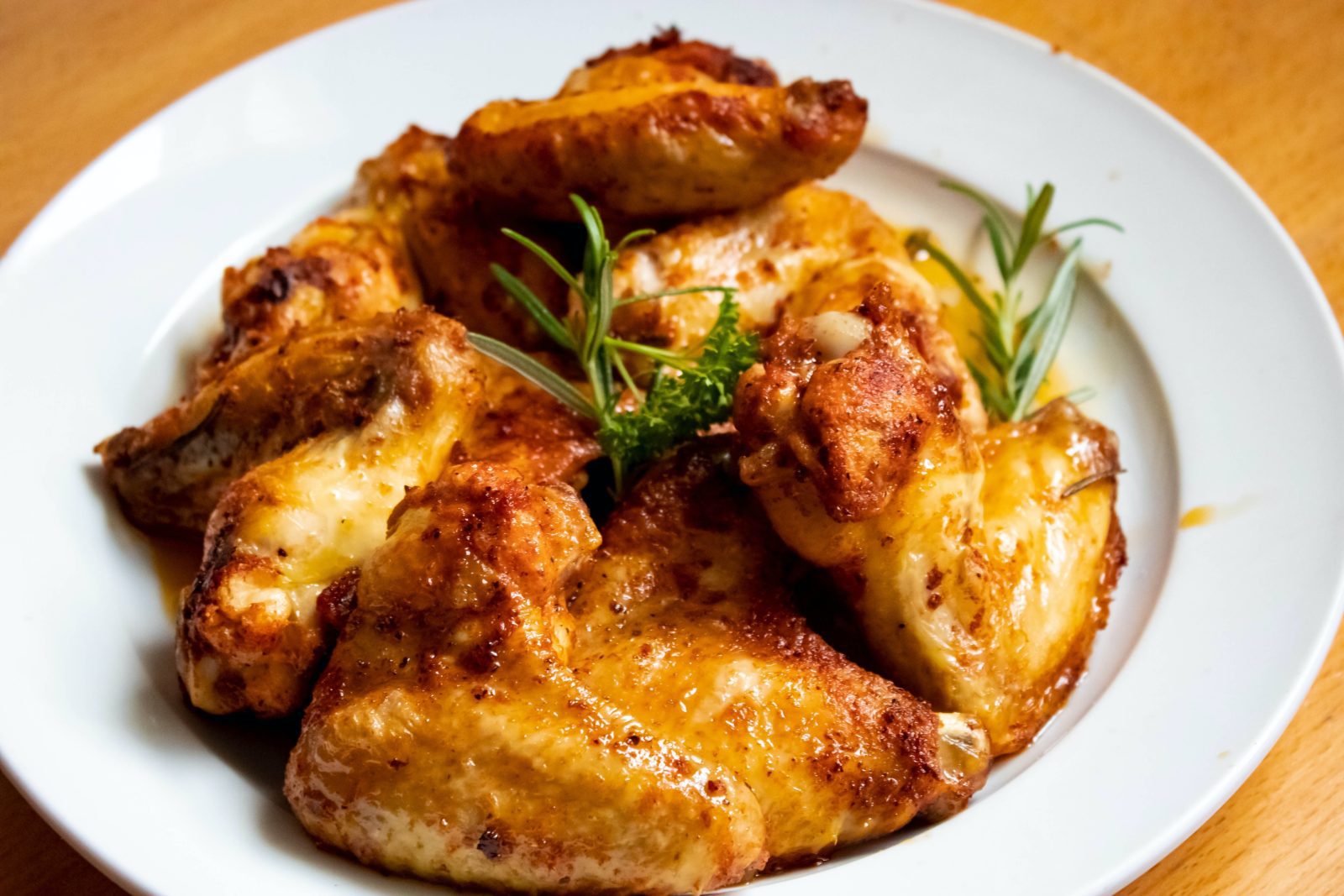Czech restaurants are reportedly serving problematic meat from Ukraine. The article highlights the increasing import of poultry meat from Ukraine to the Czech Republic, with a 60% year-on-year increase recorded in the first two months of 2023, amounting to 1,073 tons. However, the article notes that this data only pertains to official imports, and a separate branch of meat imports from Ukraine is not recorded.
The article cites a spokesperson from the Czech Agrarian Chamber, who claims that the number of meat shipments from Ukraine increased after introducing “solidarity corridors,” with much of the meat intended for the gastronomy industry rather than direct sales. The spokesperson also alleges that many of these shipments may not meet strict European standards for poultry farming and may be falsely labeled as originating from other countries.
According to the Czech Ministry of Agriculture, while imports of chicken meat from Ukraine account for approximately 4.8% of total chicken imports to the country, the majority is imported from Poland. The Czech Agrarian Chamber claims that the unfair pricing practices used by Ukrainian exporters, who offer prices that do not cover the costs of raising chickens in the Czech Republic, have been a source of concern for their members.
The article also notes that the Czech State Veterinary Administration may have more precise information on direct imports of poultry meat and eggs from Ukraine but has not responded to requests for comment. Furthermore, the article claims that Slovakia, Hungary, and Poland have all recently banned imports of agricultural products from Ukraine, including poultry meat, due to concerns over quality and safety.
The allegations of problematic meat imports from Ukraine raise questions about food safety and fair pricing practices in the Czech Republic. It is unclear whether the government will take action to address these concerns or if the public will demand better regulation of the country’s food industry. Increased scrutiny and public pressure may change how meat is imported and sold in the country.





